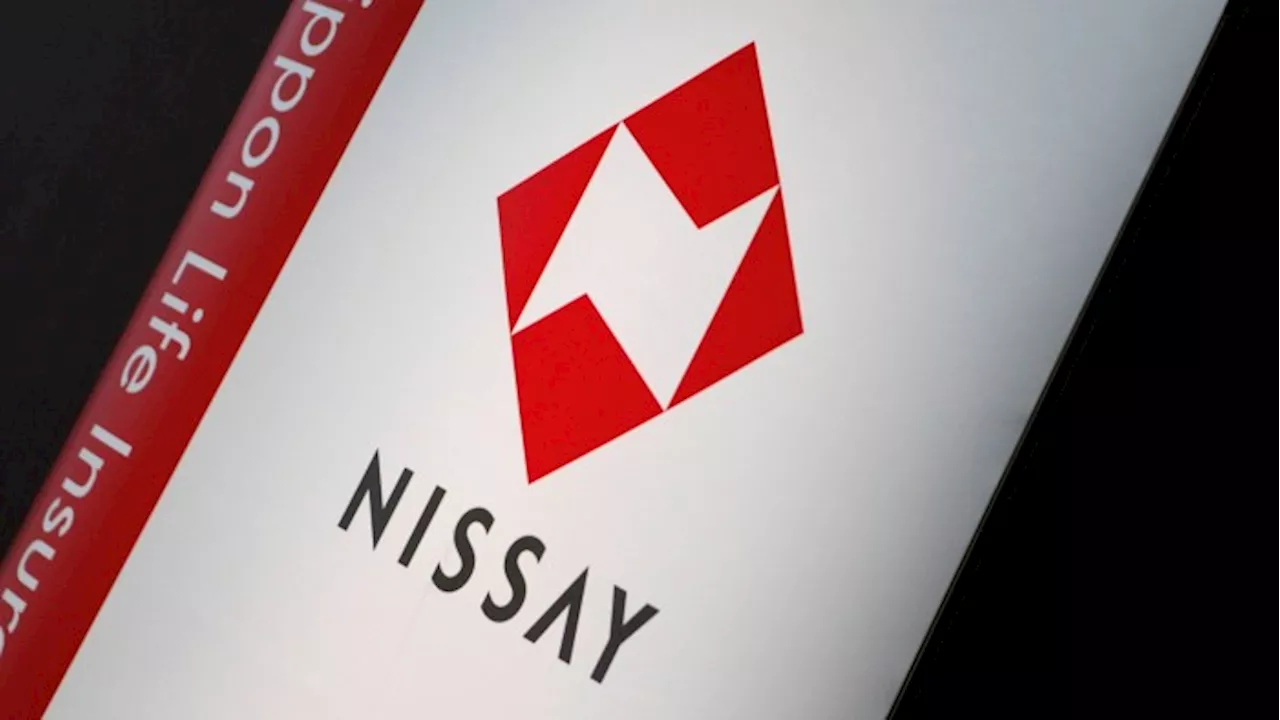The article explores the decline of the term 'friendshoring,' which gained popularity during the early phases of the 'cold war 2.0' as a way to describe shifting supply chains towards trusted allies. Analyzing its origins, longevity, and eventual vulnerability, the piece highlights how the word's association with 'friend,' a concept fraught with complexity in international relations, ultimately contributed to its downfall.
Brain rot, brat, bro-caster. All told, 2024 delivered a good crop of word-of-the-year fodder: the annual digest of what newborn vocabulary tells us about the year we are leaving behind and what we became in its clutches. Just as revealing are the funerals: for words that either quietly perished or are entering 2025 at death’s door, seeping relevance from some fatal wound.
“Friendshoring”, after a bruising 12 months and the ugly, eviscerating saga around Nippon Steel’s takeover bid for US Steel, cannot be much longer for this world. Some will contend that friendshoring — the concept of rerouting supply chains through countries perceived as long-term reliable allies — was too buzzy for longevity. Others will argue that the word was so cynically crafted to disguise a with-us-or-against-us bloc formation, that it would always have been replaced with something grittier. Still, for a few years, the phrase thrived as the rhetorical comeback to deglobalisation — exuding warmth in the early phase of cold war 2.0. It was a term born of crisis and disruption: first from the pandemic, then from Russia’s invasion of Ukraine and, above all, from the deepening consensus that US-China antagonism was permanent. It was also a distinctive thing of the Biden administration. In 2022, US Treasury secretary Janet Yellen prominently used the word when setting out America’s new approach to trade. The US, she said, should favour reliance on countries that provoked no geopolitical worries for Washington, or which strongly adhered to a shared set of norms and values. Countries, she did not even need to say, like Japan. The vulnerability of friendshoring, as a word, lies in America’s historic relationship with the word “friend”. In both diplomatic and business circles, many are fond of a quote attributed to Henry Kissinger. The cold war
Friendshoring Globalization Geopolitics Supply Chains International Relations
United Kingdom Latest News, United Kingdom Headlines
Similar News:You can also read news stories similar to this one that we have collected from other news sources.
 A 'simple' Christmas message from the Bishop of Manchester'Don’t take my word for it - take the word of an Angel'
A 'simple' Christmas message from the Bishop of Manchester'Don’t take my word for it - take the word of an Angel'
Read more »
 Sue Ryder Appeals for Unwanted Christmas Gifts to Support End-of-Life CareSue Ryder, a national palliative care and bereavement charity, is encouraging people to donate unwanted Christmas gifts to their local Sue Ryder shop. The donations will support the charity's grief support and end-of-life care services.
Sue Ryder Appeals for Unwanted Christmas Gifts to Support End-of-Life CareSue Ryder, a national palliative care and bereavement charity, is encouraging people to donate unwanted Christmas gifts to their local Sue Ryder shop. The donations will support the charity's grief support and end-of-life care services.
Read more »
 GAA Player Needs Support After Life-Changing InjuriesA young GAA player, Brian O'Connor, suffered devastating injuries during a match, requiring multiple surgeries and extended hospital stays. He is facing a long road to recovery and financial hardship. His club has launched a GoFundMe campaign to help support him and his family.
GAA Player Needs Support After Life-Changing InjuriesA young GAA player, Brian O'Connor, suffered devastating injuries during a match, requiring multiple surgeries and extended hospital stays. He is facing a long road to recovery and financial hardship. His club has launched a GoFundMe campaign to help support him and his family.
Read more »
 Pensioners missing out on fuel payment urged to claim new £200 paymentThe support forms part of council's portion of the Household Support Fund
Pensioners missing out on fuel payment urged to claim new £200 paymentThe support forms part of council's portion of the Household Support Fund
Read more »
 Nippon Life in talks to buy Resolution Life for $8.2bn in jumbo insurance dealAcquisition would be largest-ever overseas agreement by Japanese insurer
Nippon Life in talks to buy Resolution Life for $8.2bn in jumbo insurance dealAcquisition would be largest-ever overseas agreement by Japanese insurer
Read more »
 Carry-On's Sofia Carson's life off screen from real name to love lifeSofia Carson stars as Nora Parisi in Netflix's Carry-On and has enjoyed a successful career as an actress and singer
Carry-On's Sofia Carson's life off screen from real name to love lifeSofia Carson stars as Nora Parisi in Netflix's Carry-On and has enjoyed a successful career as an actress and singer
Read more »
